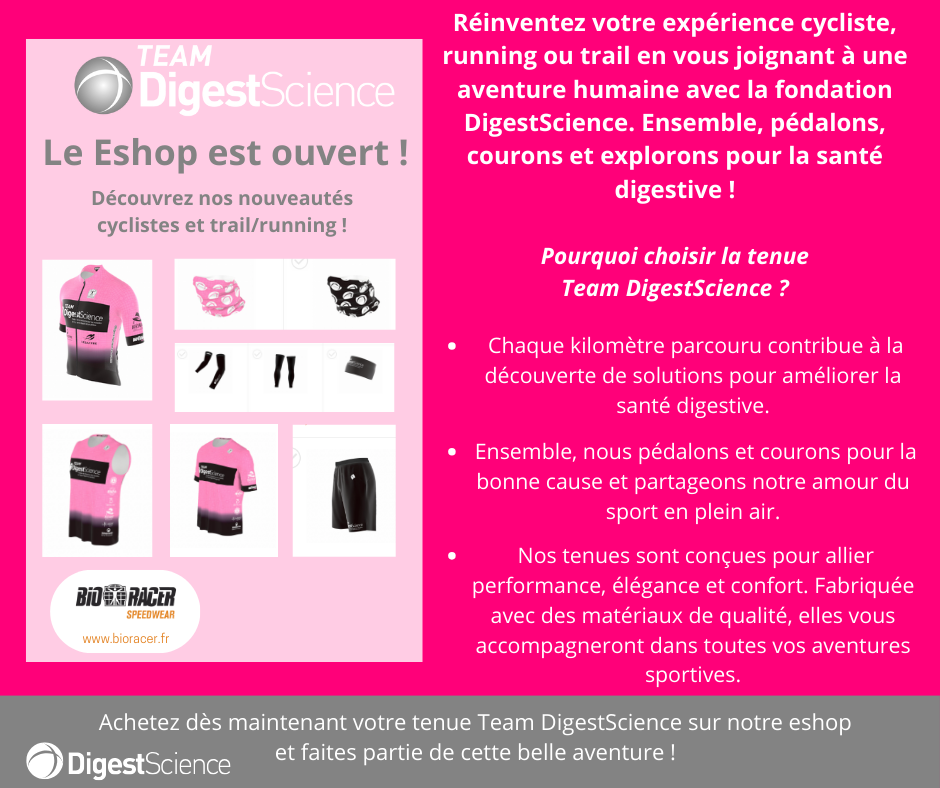Immunosuppressants are a treatment of choice for CD (nearly 56% of patients). Anti-TNF-alpha has revolutionized management of patients by decreasing the need for surgery, reducing the number of hospitalizations, enabling weaning from corticoids and endoscopic mucosal healing, and improving the quality of life of the patients.
While these treatments have proven their efficacy, the risk of infectious and neoplastic complications is a source of concern.
A retrospective study involving over 8,000 patients during an 11-year period was carried out to compare the risk of developing one of these complications, and comparing adalimumab (ADA) to an immunosuppressant (IS). The mean follow-up was 330 days in the ADA group and 427 days in the IS group. This work demonstrated that, while patients treated with ADA have a more severe form of the disease, there is no increased risk of developing an infectious or neoplastic complication compared to classical immunosuppressive treatment.
References
Colombel JF et al. absract OP102, UEGW Amsterdam 2012


